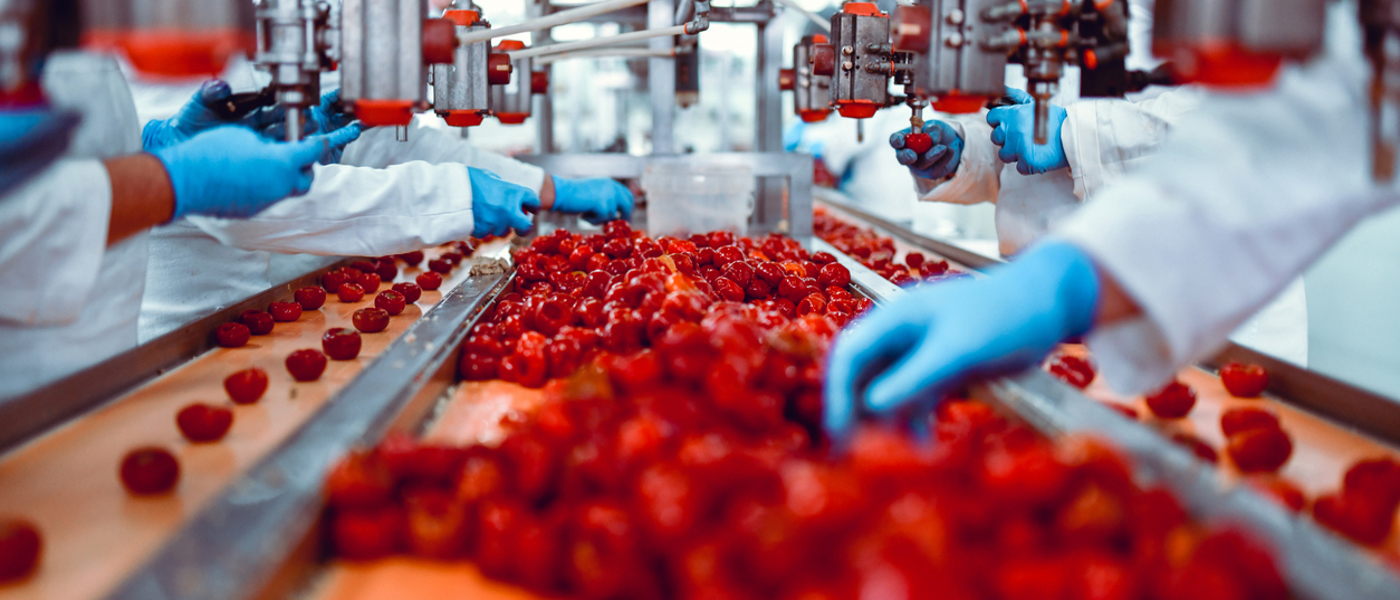Food Processing
In the food processing industry, traceability, hygiene, and operational efficiency are essential to meeting regulatory requirements and maintaining product integrity. RAIN RFID enables seamless tracking of ingredients, equipment, and packaged goods, even in the most demanding environments.



